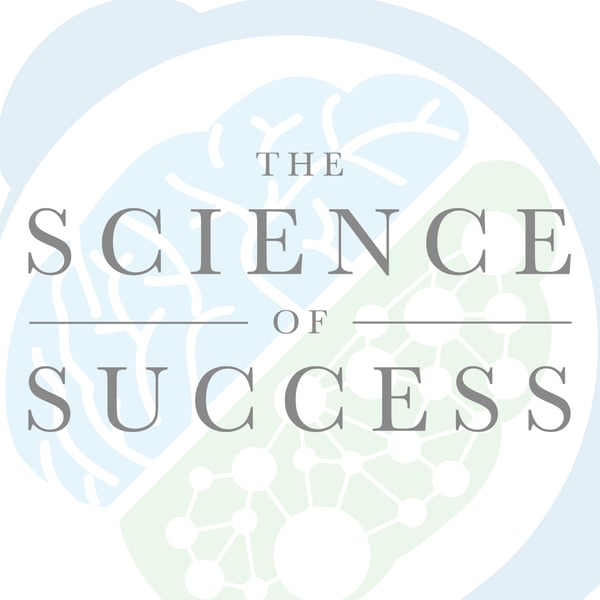You’ve Been Learning All Wrong - Making Knowledge Stick with Peter Brown
The Science of Success
Matt Bodnar
4.6 • 1.1K Ratings
🗓️ 21 November 2018
⏱️ 51 minutes
🧾️ Download transcript
Summary
Transcript
Click on a timestamp to play from that location
| 0:00.0 | Welcome to the Science of Success. |
| 0:05.0 | Introducing your host, Matt Bodner. |
| 0:10.0 | Welcome to the Science of Success, the number one evidence-based growth |
| 0:15.6 | podcast on the internet with more than 3 million downloads and listeners in over |
| 0:19.8 | 100 countries. In this episode we discuss a highly counterintuitive approach to learning |
| 0:25.4 | that flies in the face of the way you think you should learn and how it might |
| 0:29.8 | transform your learning process. We explore several powerful evidence-based |
| 0:35.0 | learning strategies that you can start to apply right now in your life. We explain |
| 0:39.7 | why you should focus on getting knowledge out of your brain instead of into it and what exactly |
| 0:44.7 | that means. We share a number of powerful memory strategies that you can use to supercharge your |
| 0:50.0 | brain and much more with our guest Peter Brown. Do you need more time, time for work, |
| 0:57.2 | time for thinking and reading, time for the people in your life, time to accomplish your goals? This was the number one problem our listeners |
| 1:05.2 | outlined and we created a new video guide that you can get completely for free |
| 1:09.9 | when you sign up and join our email list. It's called how you can create time for the things that really matter in life. |
| 1:17.2 | You can get it completely for free. When you sign up and join the email list at success podcast.com you're also going to get exclusive |
| 1:24.8 | content that's only available to our email subscribers. We recently pre-released |
| 1:29.7 | an episode in an interview to our email subscribers a week before it went live to our broader audience. |
| 1:35.4 | And that had tremendous implications because there was a limited offer in there with only 50 |
| 1:39.6 | available spots that got eaten up by the people who were on the email list first. |
| 1:44.4 | With that same interview, we also offered an exclusive opportunity for people on our email |
| 1:48.4 | list to engage one-on-one for over an hour with one of our guests in a live exclusive interview just |
| 1:55.0 | for email subscribers. |
... |
Please login to see the full transcript.
Disclaimer: The podcast and artwork embedded on this page are from Matt Bodnar, and are the property of its owner and not affiliated with or endorsed by Tapesearch.
Generated transcripts are the property of Matt Bodnar and are distributed freely under the Fair Use doctrine. Transcripts generated by Tapesearch are not guaranteed to be accurate.
Copyright © Tapesearch 2025.

